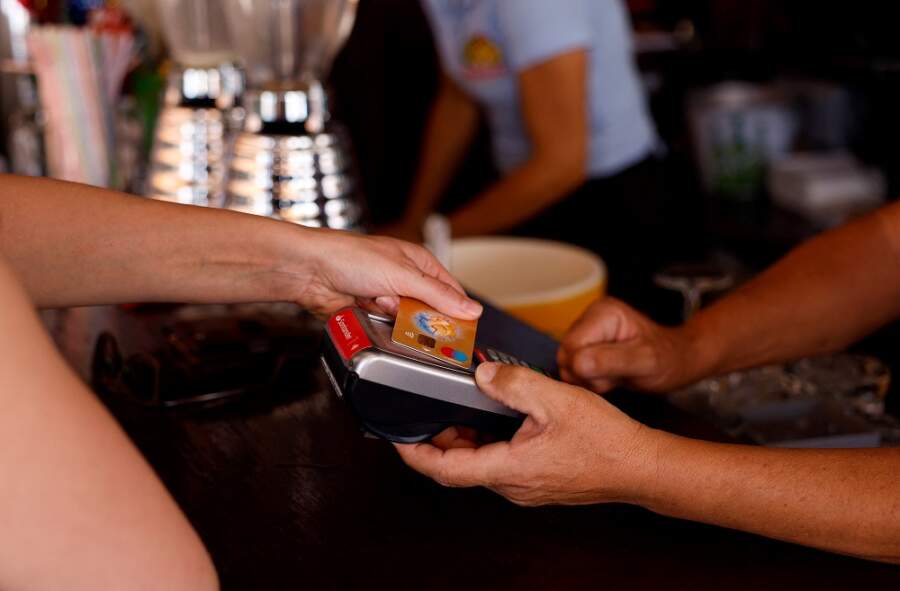

By Stewart Beer, from Electrix International.
The French government has been gradually lifting rules and regulations for the public since the start of 2022, with vaccine passes and masks no longer being required in Paris and other areas of the country. This means for the first time since 2019, willing patrons will be able to dine out and live without restrictions.
However, the reopening won’t be without challenges. France24 took a survey of how the industry was coping emerging from the pandemic and found that overall turnover was down 60%, with the primary focus on survival. With the country’s food culture being such an important piece of its identity, there will need to be a focus on bringing back high footfall through the doors.
Electrix, the supplier of quality goulottes métalliques, examines the precautions restaurants in France should take to recover from the effects of the pandemic.
Understand your supply chain
Before you reopen your doors and see new customers and regulars return, making sure you’re equipped for it and providing whatever’s on your menu, both food and beverages, is crucial in bringing back a sense of normality.
The pandemic naturally affected supply chains, leading to rising prices and panic hoarding by the public. The flour and oil prices shooting up by 50% compared to a year prior is a scary prospect for the restaurant industry. Being essentials, their cost will likely affect wholesaler purchases.
Knowing where your supply of ingredients comes from is a crucial precaution to avoid any possible surprises when putting together your menu. If a lot of it comes from wholesalers, sourcing from local producers is a great solution as it cuts out the middleman and the blockages it brings.
Provide extra safety measures
Throughout the pandemic, emphasis was placed on personal hygiene to keep ourselves safe. Masks and handwashing were the top priority to prevent the spread, and when restaurants were allowed to re-open, they too had to take measures to keep the public safe. This came in the form of socially distanced seating plans and screens between tables, as well as staff taking regular tests at home to confirm their health.
While it might be easy to revert to how things were done before the outbreak, not every practice needs to go. In fact, hygiene should be the key element prioritised inside the kitchen and out as well. Your staff and customers want to know that your restaurant is taking every precaution to keep them safe. This could be done through encouraging testing for staff to make sure they’re fit to work.
Cleanliness also falls to your kitchen and restaurant itself. Reopening means making sure that your workstations for chefs and those interacting directly with the menu items are free from any possible contaminates. It could also be beneficial to have your kitchen staff wearing masks while they work, as we’ve seen the positive benefits of preventing spreading with them in public. Applying them to a setting as intimate and close as food prep could build a strong foundation for the future.
Revitalise your marketing strategy
When you make the arrangements to open your establishment for the first time nearly in two years, you can’t expect your customer base to be the same. From the initial anxiety surrounding eating in a restaurant as restrictions lifted to so many of them closing down due to financial difficulties from the pandemic, attitudes changed significantly.
As a result, extra care must be taken to strengthen your marketing for your establishment. Whether that’s through social media presence or more traditional advertising, you want customers both old and new to know that you’re open and ready to serve them. Producing a different approach to advertising can help you to stand out in an industry that has seen a 10.1% revenue growth in 2022. A recovering industry means more competition, so it will be important to put creativity in focus to show potential customers what you offer.
The COVID-19 pandemic showed how unprepared the country was for a national lockdown. The unpredictable nature of the situation meant that there were no set practices to follow. But, after two years of living with the virus among us, we have the experience we can take and grow from. These precautions will help not only build back our restaurants but prepare for any unforeseen events that could shut their doors.
Sources
https://en.parisinfo.com/practical-paris/info/guides/info-disruption-paris
https://www.ibisworld.com/france/industry-statistics/restaurants-takeaway-food-operators/3420/


